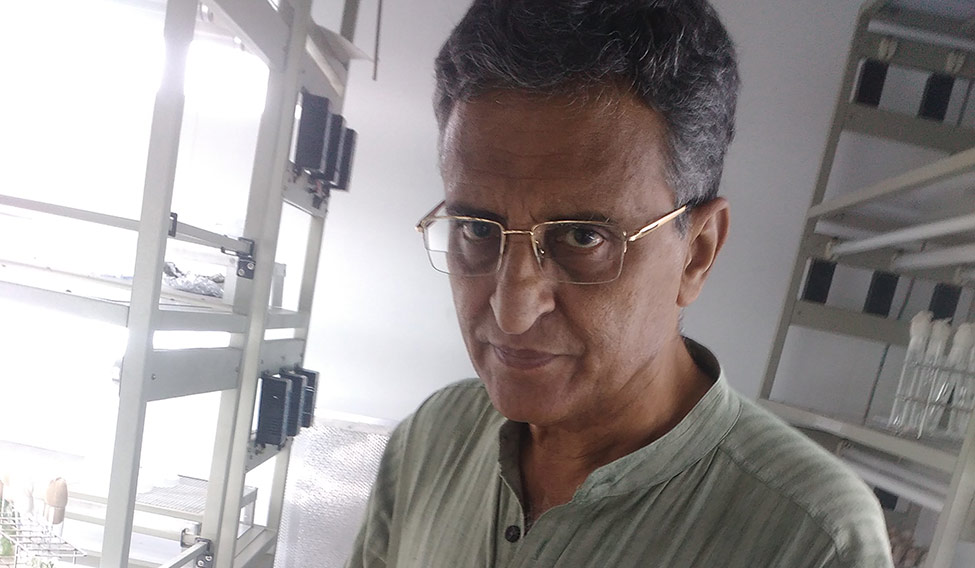Interview/ Dr Deepak Pental, geneticist
A former vice chancellor of Delhi University, Dr Deepak Pental developed DMH-11, the first GM mustard line. Excerpts from an interview:
Genetic Engineering Appraisal Committee has granted commercial approval for DMH-11. You must be on top of the world!
I am happy, but the GEAC approval came six years late. The technology was ready by 2010. After that, it has been going through several trials. The government and the environment ministry have finally put up the research in the public domain.
Did the GEAC set additional parameters, looking at the bio-safety aspect?
In 2010, we had submitted a 3,000-page dossier of test results and reports from studies worldwide. In January 2016, GEAC formed a sub-committee to look at the dossier closely. The sub-committee raised many questions. Some were not so serious, but some were very valid ones and gave us a new perspective. So, we conducted new experiments in the past six months to satisfy the sub-committee and get approval.
Bt rapeseed and Bt canola are already being cultivated in several countries. [Flips through a report submitted to GEAC] Let's take 2013—Canada exported 2.2 million tonnes of Bt canola oil, 8.8 million tonnes of canola oil seeds and 3.3 million tonnes of canola feed. Now, the dichotomy. The biggest importer of Canadian Bt rapeseed and Bt canola was Japan. But, Japan does not grow it.
Safety of the three bacterial genes was established in 1966. This is essential to achieve what we call pollination control, so that the male plants become sterile. I think GEAC was overcautious about processes. Bt cotton was cleared in half the time taken to give approval to GM mustard. But, it is good when institutions work.
What is the yield difference of DMH-11 hybrid lines compared with available yield varieties?
Any mustard hybrid seed that gets at least two irrigations can raise the yield by 20-30 per cent. Questions were raised at the GEAC, comparing the highest and lowest yield variety seeds we had done. It was submitted in 2010 and we had used hybrid mustard seed 'Varuna' for comparison, which was the best then.
With your seeds, farmers may not be able to trade or sell in weekly markets?
Millet, sorghum, corn and all vegetable seeds are purchased by farmers at a high price already. Seed replacement rate is also very high, even in fertile states. This technology will go to farmers at hardly any cost. It could be about Rs 100 more for a seed packet that costs Rs 200-Rs 250 now.
What are the other inherent benefits of the DMH-11 line?
This oil will have lower saturated fats and will be high on unsaturated ones like MUFA and PUFA. Omega-3 fatty acids will be three times higher, making it highly beneficial, particularly for vegetarians. Likewise, the feed cake, too, would be more nutritious than the traditional mustard oil cake. The cake can also be fed to poultry, alongside cattle.







